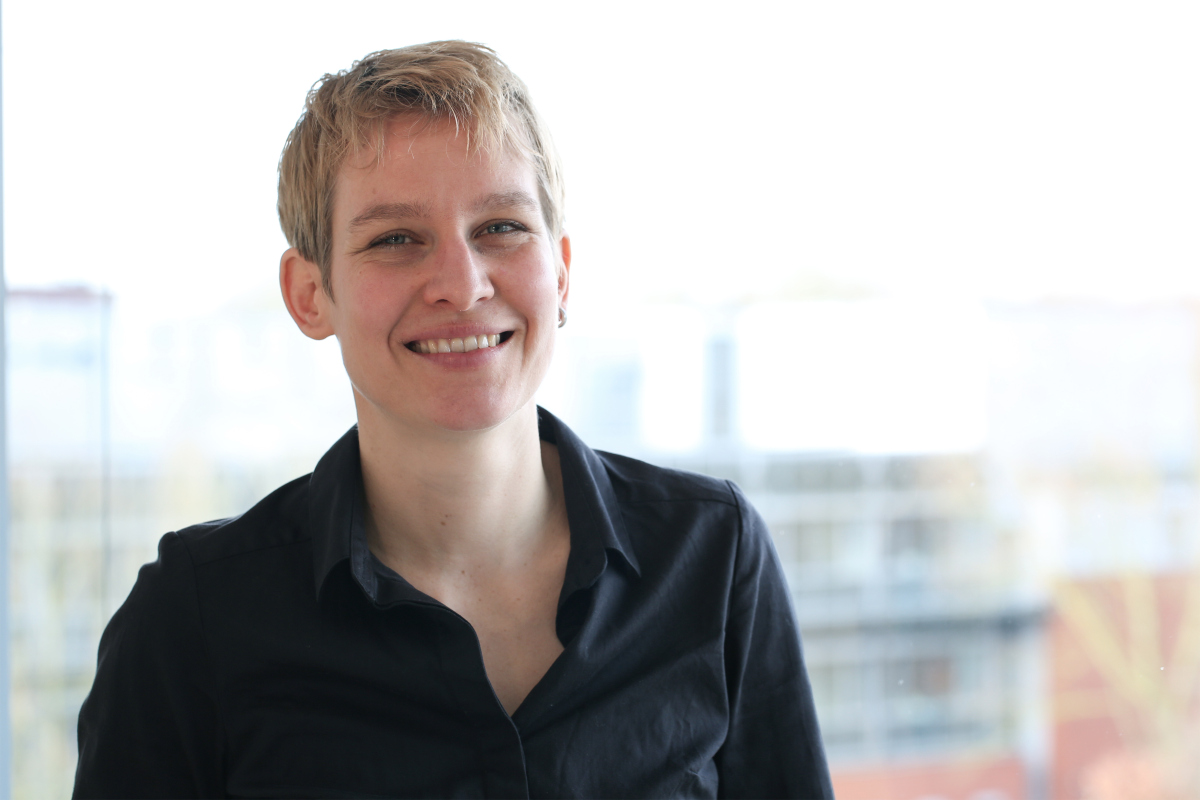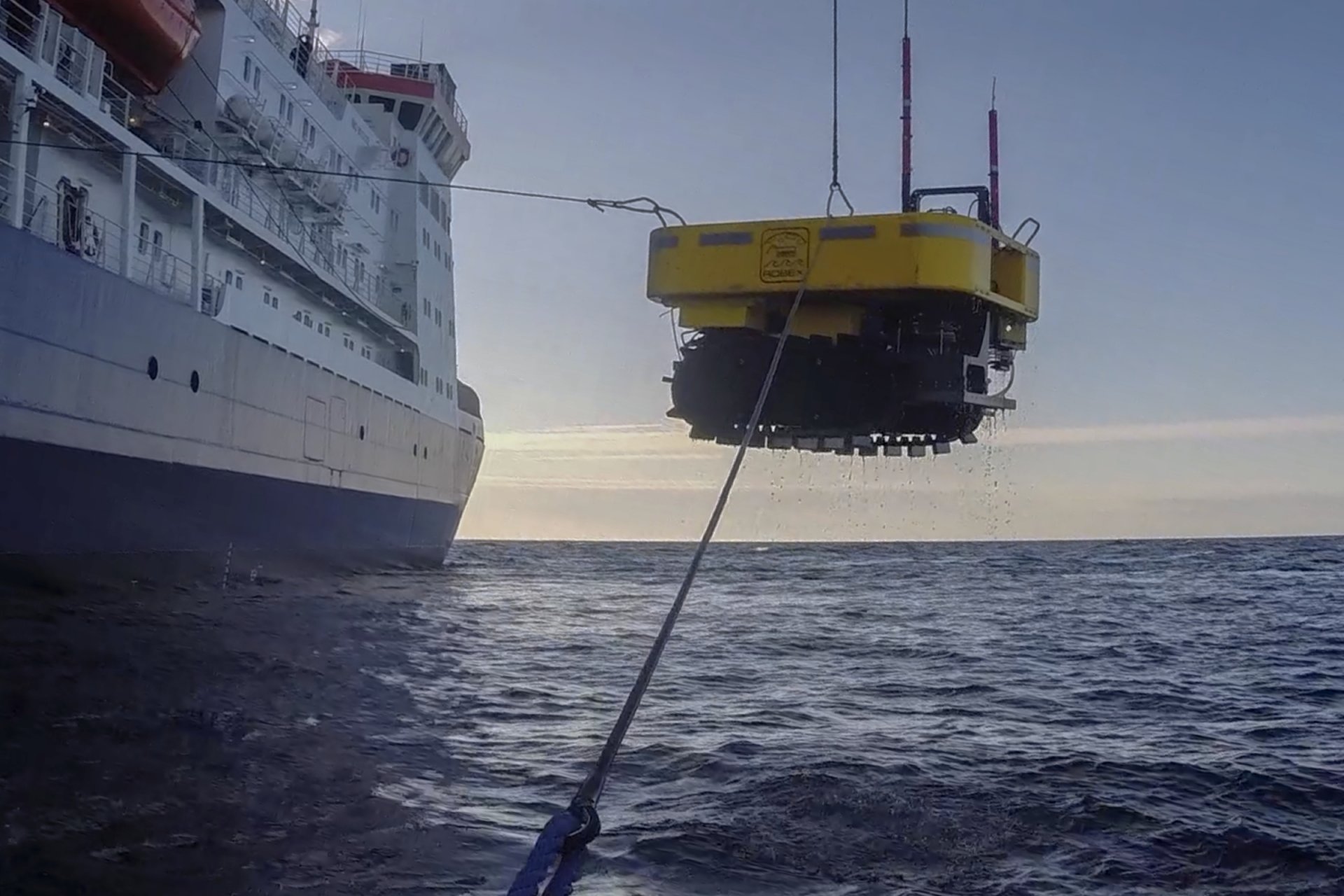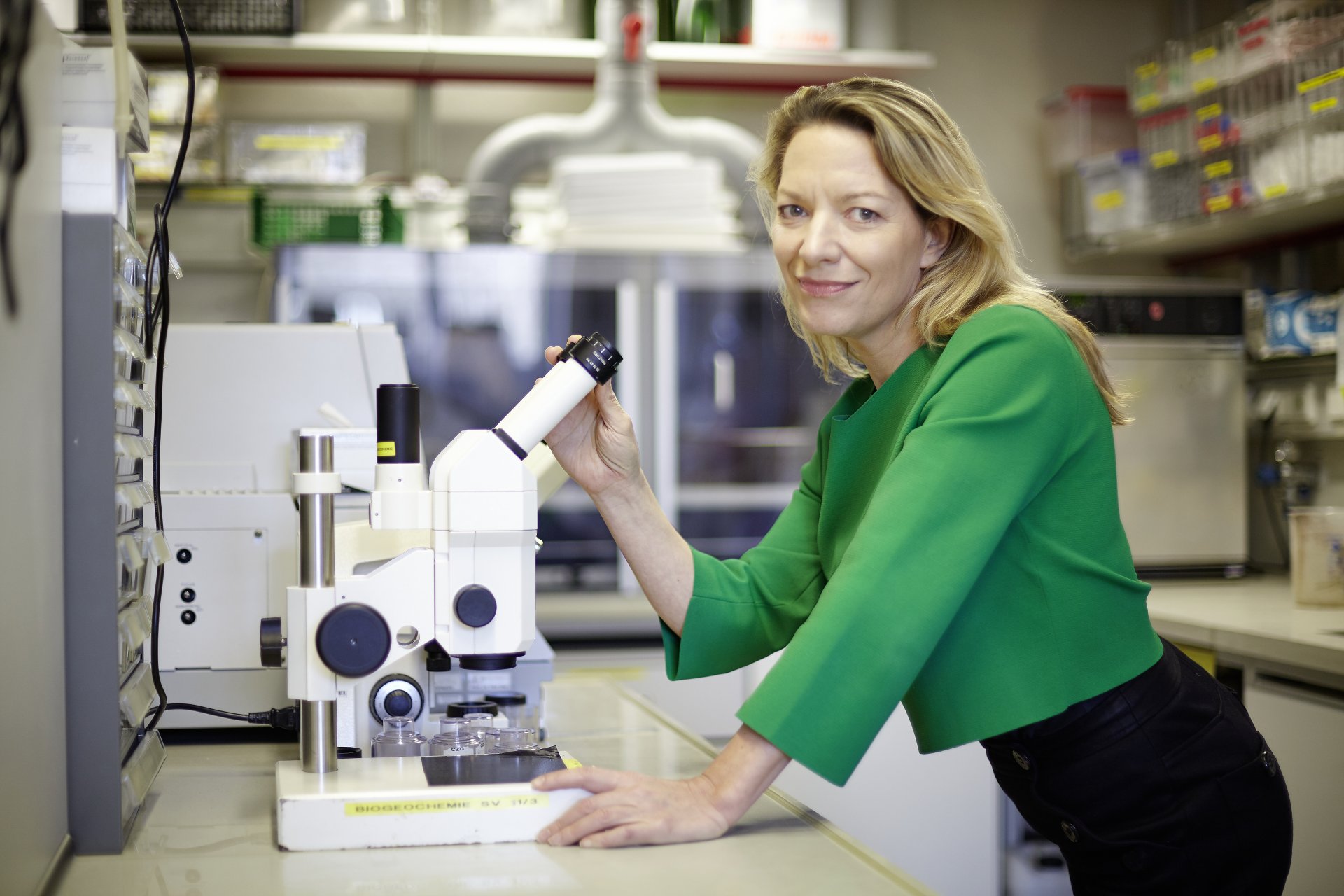- Press Office
- Press releases 2019
- Microbiology of global change
Major questions concerning the role of microscopic life and our future
“Microbiology of global change” is the name of the research area that explores microbial responses to global warming, natural resource depletion, and environmental pollution, as well as feedback mechanisms and functions in climate change. The internationally respected journal “Nature Reviews Microbiology” asked Prof Antje Boetius for her thoughts on the area: “Given the fact that microorganisms have significant effects on our planet’s material flows, productivity and health, not to mention on us human beings, this field of research will provide essential insights into Earth’s future”, said the Director of the Alfred Wegener Institute Helmholtz Centre for Polar and Marine Research (AWI) and Group Leader at the Max Planck Institute for Marine Microbiology.
The evolution of life began with microorganisms, which have been shaping the Earth for over 3.8 billion years, and which made multicellular life forms, and ultimately human beings, possible to begin with. The latest global changes indicate that humankind has initiated a new geological era: the “Anthropocene”, a term that refers to humans’ far-reaching impacts on the planet, including its continents, atmosphere, and oceans. According to Antje Boetius, who is also a deep-sea researcher, “A hospitable climate that remained stable for more than 12,000 years, together with technologies based on comparatively inexpensive and abundant natural energy sources like wood, coal, gas and oil, has allowed the human population to grow exponentially. Initial findings on the interplay between the climate and microorganisms in the soil and water indicate that the feedback effects will spell serious trouble for us. When it becomes warmer, microbes produce more carbon dioxide (CO2). The loss of biodiversity and current scale of climate and environmental damage reveal the urgent need for us to change course.”
Fundamentally speaking, a variety of feedback effects that further accelerate the strain on the environment have been identified. For example, the expansion of agriculture and livestock farming increases microbial production of greenhouse gases. In some ocean regions, the biological pump seems to be faltering. And diseases can spread across broader climate zones. At the same time, microorganisms could also be part of the solution in terms of finding sustainable energy sources and restoring natural habitats, and in connection with the health of human beings and our planet: “We’re learning more and more about the diversity and functions of single-celled organisms, but in many cases these findings don’t find their way into the global synthesis on the climate and state of the environment, or into knowledge transfer. We need to intensify research into how human activities can alter microbial communities and into how microorganisms can help us find sustainable solutions in the areas bioeconomics, biotechnology, agriculture, nutrition, energy, health and infrastructure,” Boetius claims.
In her preface to a new series on the “microbiology of global change” in the June issue of Nature Reviews Microbiology, Boetius maintains that assessing the biological diversity of the Earth, including its microorganisms and their interconnections, remains a global responsibility, because future generations will need the resulting insights in order to achieve improved environmental management.
Original publication
Please direct your queries to:
Head of Press & Communications
MPI for Marine Microbiology
Celsiusstr. 1
D-28359 Bremen
Germany
|
Room: |
1345 |
|
Phone: |


